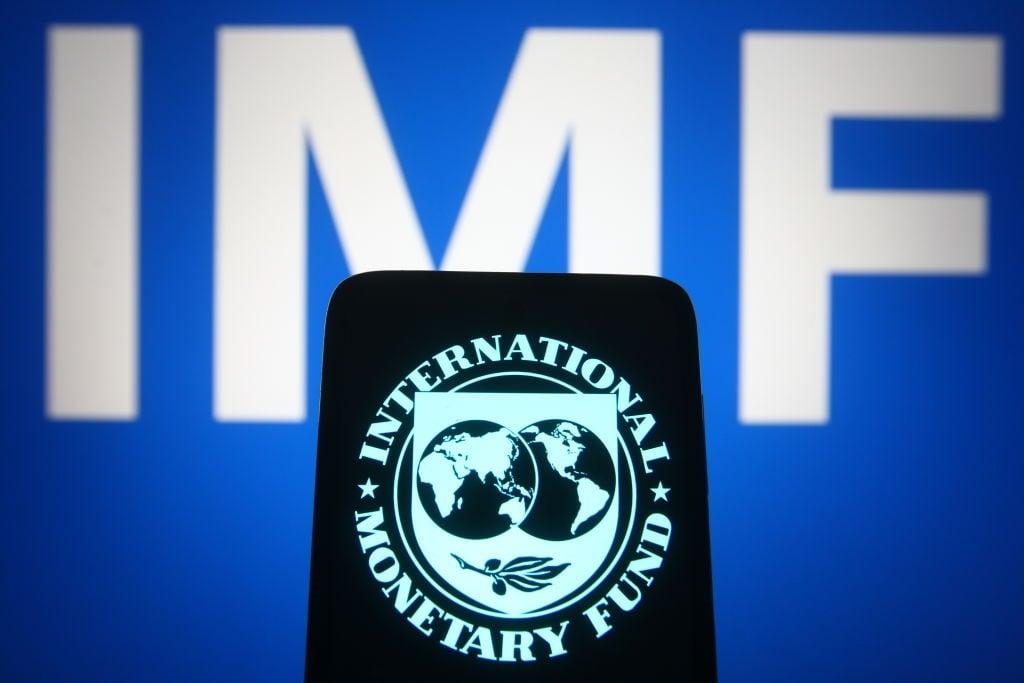Africa-Press – South-Africa. The International Monetary Fund (IMF) on Wednesday announced a bleak forecast for SA for 2023, with economic growth projected to reach only 0.1%.
Its forecast for the medium term is only a little better, with growth of 1.5% expected, well below the 1.7% rate of population growth. This means South Africans will continue to get poorer per capita, with poverty and inequality set to rise.
The IMF also disagreed with the National Treasury’s budget framework, pointing out that contrary to claims that the budget deficit would narrow, it expected the deficit to widen.
The assessment was performed for the IMF’s annual review of the country.
The weak growth outlook, which it said was driven by power cuts, lower commodity prices, and an unfavourable global environment, is considerably more pessimistic than the National Treasury in the February budget. The Treasury projected growth of 0.9% for 2023, 1.5% in 2024, and 1.8% in 2025. It is also more pessimistic than that of the SA Reserve Bank, which in January slashed its forecasts, predicting growth of 0.3% for this year and 0.7% and 1% for the two years ahead.
In a statement following the review, the IMF said:
In addition to SA’s structural constraints, the IMF warned that “the economy remains exposed to external shocks and capital flow volatility, in the context of tighter global financial conditions, and volatile commodity prices related to Russia’s war in Ukraine”.
Life after debt
Contrary to the Treasury’s projections that the budget deficit would narrow over the next three years, the IMF says the deficit will widen due to the anticipated debt relief to Eskom and other spending increases on state-owned entities and social grants. The debt solution tabled in the budget envisaged that government would take over R254 billion of the utility’s debt. While the Treasury controversially excluded these transfers from budget expenditure resulting in a narrowing deficit, the IMF said the debt operation “entails capital transfers” and that the deficit would therefore widen to 6.5% in 2023/24 and beyond that in 2024/25 before beginning to narrow.
In a statement in response, the Treasury said: “The Treasury takes note of the main findings of the IMF staff following their consultations. The Treasury is aware of most of the risks to economic growth and is working on mitigating measures to address these.”
For More News And Analysis About South-Africa Follow Africa-Press






